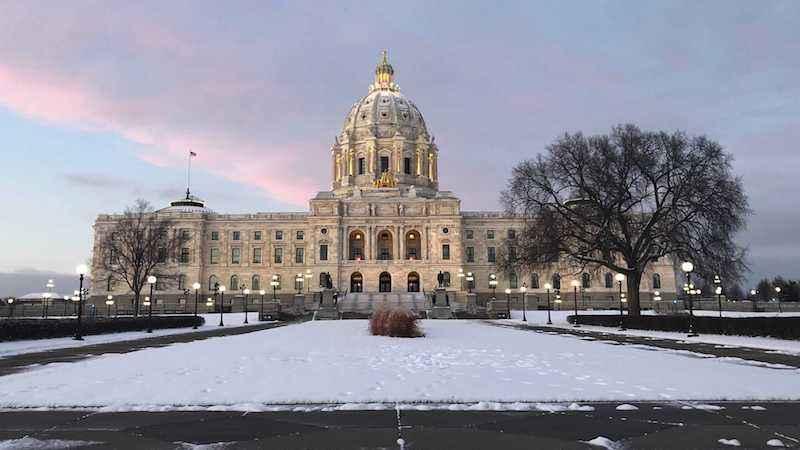2022 Minnesota Legislature: Public safety, budget surplus are top priorities
[anvplayer video=”5086618″ station=”998122″]
Sessions of the Minnesota Legislature in even-numbered years usually just require tweaks to the budget passed the previous year and passage of a bonding bill with building projects. Not this year.
With a $7.7 billion projected budget surplus, an ongoing pandemic and a crime wave, the agenda is much longer.
Republicans want to spend money on public safety, while Democrats want public safety funding and a host of safety-net programs, including child care assistance and paid family leave. Republicans and the governor have also proposed tax relief, but in very different ways.
Governor Walz proposes $700 million dollars in direct payments to Minnesotans in the form of what he calls “Walz Checks.” Republicans call that a gimmick that doesn’t give nearly enough money back to taxpayers. They propose eliminating the state tax on Social Security income and across-the-board income tax cuts for everyone else.
“When you have a surplus that large it means one thing: The state’s collecting too much money from the taxpayers,” Senate Majority Leader Jeremy Miller said. “So we are going to focus on permanent ongoing tax relief.”

The lawn of the Minnesota Capitol is covered in snow. (KSTP Photo/Tom Hauser)
Gov. Tim Walz says he’s willing to consider some tax cuts, but not for the wealthiest Minnesotans.
“If you’re making $20,000 a week, nothing is going to pass my desk that gives you a tax cut,” Walz said. “That just doesn’t make any sense.”
Miller says the $175 payments to single taxpayers and $350 to married couples don’t go nearly far enough.
“We might be OK with a one-time payment,” Miller responded. “But you know what? It’s gotta be a heck of a lot larger than what the governor is proposing. And we’re not going to call it a ‘Walz Check.’ It is not Gov. Walz’s money. It’s the people’s money. It’s the taxpayers’ money.”
The lawmakers and governor are expected to work out compromises on refilling the unemployment insurance trust fund to prevent a tax increase on businesses and on frontline worker bonus pay early in the session.
Lawmakers and the governor have until May 23 to work out other differences.